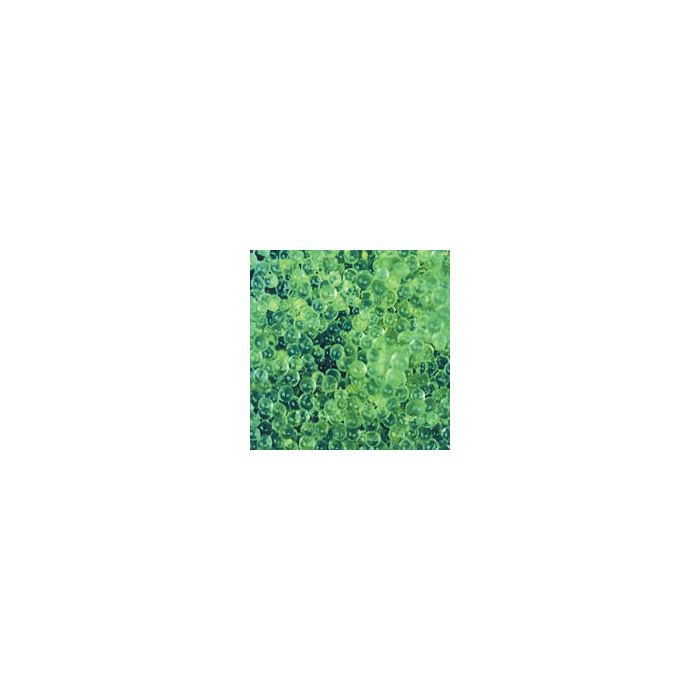Cu-Alginate MicroBeads (BAB)
€0.00
In stock
SKU
20110004
Catalog Number: 20110004
Bioalginate beads
Alginate, commonly called sodium alginate, is a linear polysaccharide. The copolymer consists of two uronic acids: D-mannuronic acid (M) and L-guluronic acid (G ). Sodium alginate as well as other alkali metal alginates are water soluble, whereas the salts of polyvalent cations, e.g., calcium, nickel, copper, cobalt are water insoluble, with the exception of magnesium. Polyvalent cations bind to the polymer whenever there are two neighboring guluronic acid residues. Thus, polyvalent cations are responsible for the cross-linking of both different polymer molecules and different parts of the same polymer chain. The process of gelation, i.e. the exchange of polyvalent ions for sodium ions is carried out under relatively mild conditions.
Technical Specifications:
Microbeads: 150-250 µm. Used for protein fractionation & affinity chromatography.
Macrobeads: 500µm-3mm. Used for enzymes and cell mobilization
Storage: 2-8°C
Brand Name: bioPLUS
Alginate, commonly called sodium alginate, is a linear polysaccharide. The copolymer consists of two uronic acids: D-mannuronic acid (M) and L-guluronic acid (G ). Sodium alginate as well as other alkali metal alginates are water soluble, whereas the salts of polyvalent cations, e.g., calcium, nickel, copper, cobalt are water insoluble, with the exception of magnesium. Polyvalent cations bind to the polymer whenever there are two neighboring guluronic acid residues. Thus, polyvalent cations are responsible for the cross-linking of both different polymer molecules and different parts of the same polymer chain. The process of gelation, i.e. the exchange of polyvalent ions for sodium ions is carried out under relatively mild conditions.
Technical Specifications:
Microbeads: 150-250 µm. Used for protein fractionation & affinity chromatography.
Macrobeads: 500µm-3mm. Used for enzymes and cell mobilization
Storage: 2-8°C
Brand Name: bioPLUS
| Is Featured? | No |
|---|
Write Your Own Review

